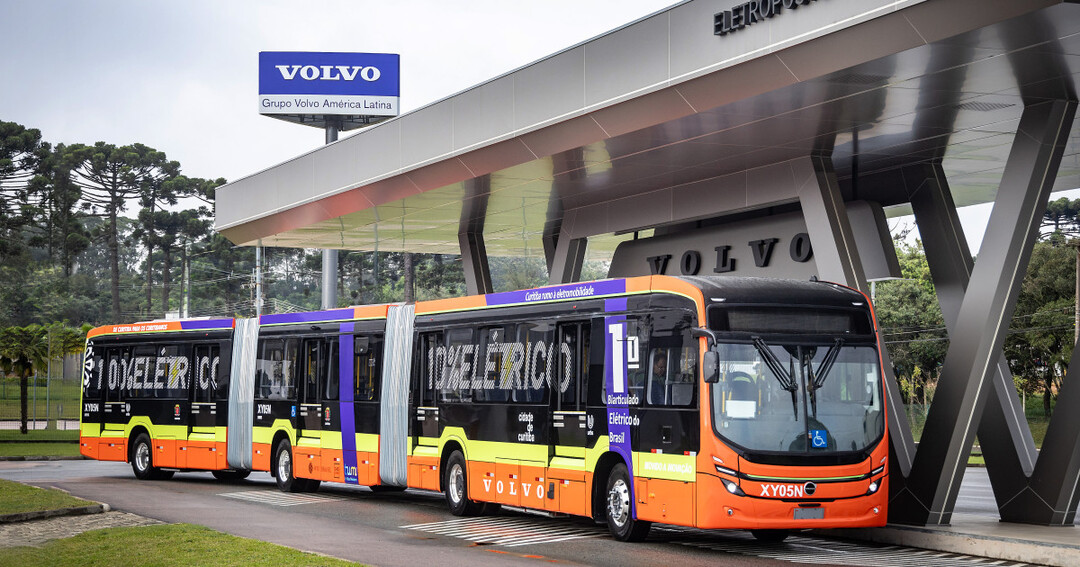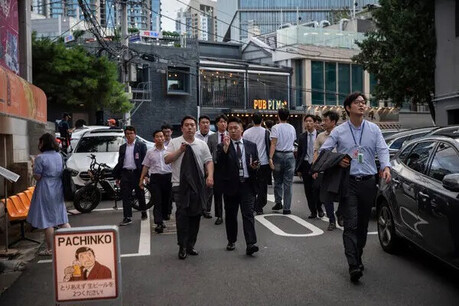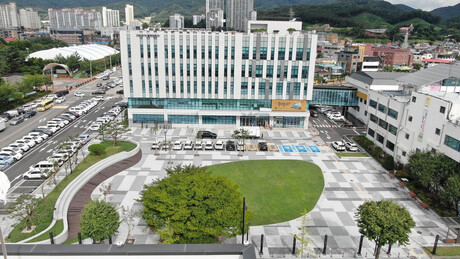
Curitiba, Brazil – Swedish automotive giant Volvo Group, through its Volvo Buses division, has officially inaugurated the production of electric articulated and bi-articulated bus chassis at its established manufacturing facility in Curitiba, Brazil. This landmark decision underscores Volvo’s commitment to fostering sustainable public transportation solutions in the burgeoning Latin American market, where the demand for environmentally friendly urban mobility is rapidly escalating.
Volvo Buses has already carved a significant niche in the European market with its successful deployment of electric bus fleets. The commencement of production in Brazil signifies a strategic pivot towards electrifying public transit in South America, a region grappling with increasing urbanization and the associated environmental challenges. The focus on articulated and bi-articulated buses, renowned for their high passenger capacity and efficiency in navigating densely populated urban centers, positions Volvo to address the specific needs of Brazil’s major metropolitan areas.
The electric bus chassis rolling off the Curitiba production line will be equipped with Volvo’s cutting-edge electric powertrain technology. These advanced systems are engineered to deliver superior energy efficiency, enabling buses to cover longer distances on a single charge. This extended range is crucial for operational flexibility within extensive urban transit networks. Moreover, the inherent benefits of electric propulsion, including zero tailpipe emissions and significantly reduced noise pollution, are expected to contribute substantially to improving the air quality and overall livability of Brazilian cities.
“Brazil represents a pivotal market for Volvo Buses, demonstrating a strong and proactive commitment to modernizing its public transportation infrastructure with a clear focus on sustainability,” stated a spokesperson for Volvo Buses. “By establishing local production of our electric articulated and bi-articulated bus chassis, we are not only responding to the growing demand but also actively partnering with Brazilian authorities and operators to build a cleaner, quieter, and more efficient public transportation system for the benefit of all citizens.”
The Brazilian government has actively championed the transition towards electric mobility in the public transportation sector. This commitment is manifested through a range of supportive policies, including tax incentives, subsidies, and the establishment of infrastructure development programs aimed at facilitating the adoption of electric vehicles. This favorable regulatory landscape provides a fertile ground for Volvo’s investment and positions the company as a key player in the country’s ambitious electrification goals. The synergy between government support and Volvo’s technological expertise is anticipated to catalyze a significant transformation within the Brazilian public transit market.
Recognizing the unique operational challenges presented by the Brazilian environment, Volvo has reportedly placed a strong emphasis on tailoring its electric bus technology to local conditions. This includes rigorous testing and modifications to ensure optimal performance and durability in the face of high ambient temperatures, elevated humidity levels, and the demanding stop-and-go nature of urban traffic congestion. By engineering solutions specifically adapted to these factors, Volvo aims to establish a strong competitive edge and ensure the long-term reliability of its electric bus fleet in Brazil.
The production of electric articulated and bi-articulated buses in Brazil by Volvo is widely regarded as more than just an industrial undertaking. It represents a significant stride towards a sustainable future for the nation’s public transportation system, paving the way for cleaner air, quieter cities, and a more environmentally responsible approach to urban mobility. Industry analysts will be closely monitoring Volvo’s performance in the Brazilian market, as its success could serve as a blueprint for other manufacturers looking to enter the burgeoning Latin American electric bus sector. This initiative not only strengthens Volvo’s global leadership in sustainable transportation but also signifies a crucial step in Brazil’s journey towards a greener and more efficient urban future. The move is expected to spur further investment and innovation in the electric vehicle ecosystem within Brazil, fostering a more sustainable and environmentally conscious approach to urban development.
[Copyright (c) Global Economic Times. All Rights Reserved.]





























